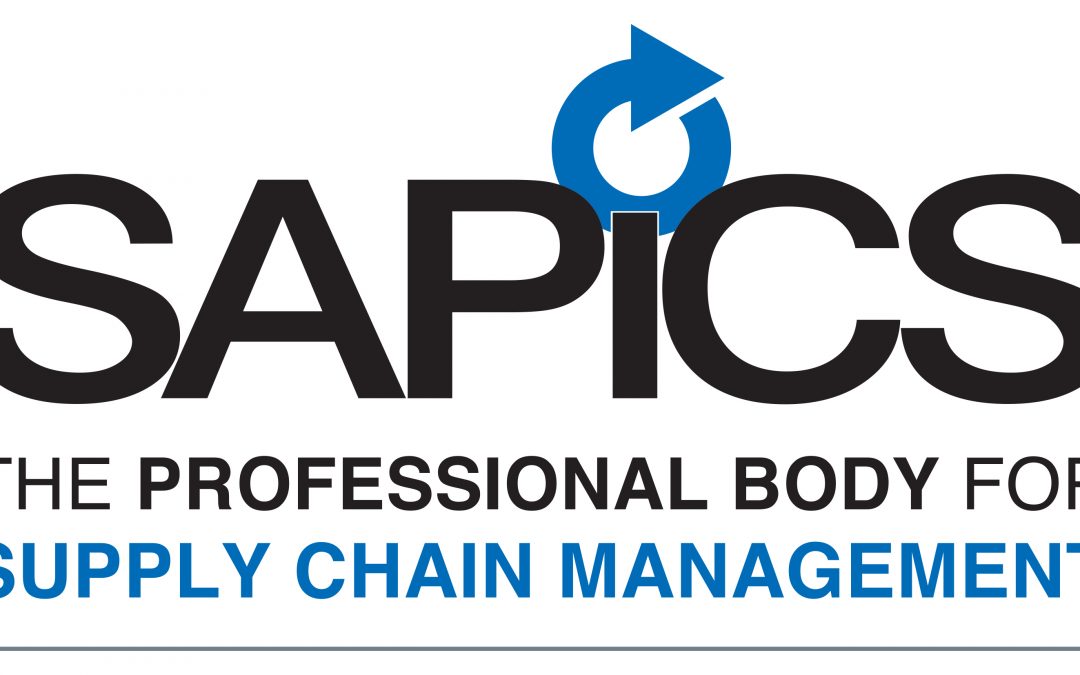SAPICS highlights medical oxygen supply chain challenges amid growing concerns over COVID-19 third wave
Amid growing concerns about a COVID-19 third wave in South Africa, The Professional Body for Supply Chain Management in Southern Africa (SAPICS) has highlighted the logistics and supply chain management issues that must be addressed to ensure that lives can be saved with a sustainable supply of medical oxygen.
According to the World Health Organization (WHO), affordable and sustainable access to oxygen has been a growing challenge in low- and middle-income countries (LMICs) since the start of the pandemic. “COVID-19 has put huge pressure on health systems, with hospitals in many LMICs running out of oxygen, resulting in preventable deaths and families of hospitalised patients paying a premium for scarce oxygen supplies,” the WHO reported. “Oxygen is an essential medicine, and despite being vital for the effective treatment of hospitalised COVID-19 patients, access in LMICs is limited due to cost, infrastructure and logistical barriers. Health facilities often cannot access the oxygen they require, resulting in the unnecessary loss of lives.”
“In July last year, patients in Eastern Cape hospitals were reportedly fighting over oxygen. The short supply of medical oxygen is currently claiming lives in India, as the second wave of the COVID-19 pandemic continues to overwhelm the country’s healthcare system. We need to ensure a secure, sustainable supply of medical oxygen in South Africa,” comments SAPICS president Keabetswe Mpane.
Reports that seven COVID-19 patients died at an Indian hospital because the driver of an oxygen tanker scheduled to deliver to the facility got lost highlight problems that go beyond simply increasing the capacity of oxygen plants, Mpane stresses. “This crisis is not just due to supply constraints, but to logistics and supply chain management issues.
“Medical oxygen is considered a hazardous material to transport. Specialised vehicles and specially trained drivers are required to transport medical oxygen. Many hospitals in South Africa rely on oxygen cylinders rather than on-site storage tanks. Cylinder deliveries are a logistical issue. Empty cylinders must be collected timeously to be refilled. Hospital and clinic staff need to understand this process. They need supply chain management skills and knowledge to ensure that they understand things like demand planning, turnaround times, and reverse logistics, to ensure an uninterrupted supply of oxygen. This is a complex supply chain that lives are depending on.”
According to SAPICS, the robust, reliable supply chains that are essential for positive health outcomes – including medical oxygen supply chains – require a skilled, knowledgeable and connected supply chain workforce. “This applies to everything from essential medicines, medical oxygen and diagnostic supplies to commodities for family planning, immunisation and to treat diseases like malaria and tuberculosis,” Mpane says. “The health commodities supply chain, particularly in the public sector in Africa, has traditionally been managed and operated by healthcare professionals with an intuitive understanding of supply chain operations, but often without the relevant supply chain training or qualifications. There is a need to increase the capabilities and skills of the existing supply chain resources, while creating an awareness and an environment that will attract appropriately skilled supply chain professionals. There is also an imperative to ensure that effective collaboration takes place between private and public healthcare and other involved role players. In this way, we can improve health outcomes in South Africa and across the continent.”
Healthcare is one of the sectors in which SAPICS is playing a critical role by building supply chain management excellence in individuals and enterprises through world-class education, training and events, internationally recognised certifications, comprehensive resources, and a community of accomplished industry professionals.
SAPICS is a Coalition member of “People that Deliver”, a global initiative that aims to improve health outcomes by promoting sustainable workforce excellence in health supply chain management. A partnership between SAPICS and the International Association of Public Health Logisticians (IAPHL) was established to promote professionalism and community in South African public health supply chains with the objective of improving the availability of healthcare supplies.
The annual SAPICS Conference, which was established 43 years ago, is the leading education, knowledge sharing and networking event in Africa for supply chain professionals.
The 2021 virtual SAPICS Conference takes place from 24 to 26 August 2021. Visit https://conference.sapics.org/ for more information on the 2021 SAPICS Conference or to register.
About SAPICS
Since its foundation in 1966, SAPICS, The Professional Body for Supply Chain Management, has become the leading provider of knowledge in supply chain management, production and operations in Southern Africa. SAPICS builds operations management excellence in individuals and enterprises through superior education and training, internationally recognised certifications, comprehensive resources and a country-wide community of accomplished industry professionals. This community is ever-expanding and now includes a multitude of associates in other African countries as well as around the globe. SAPICS is proud to represent the Association for Supply Chain Management (ASCM) as its exclusive premier channel partner in Sub-Saharan Africa.
Now in its 43rd year, the annual SAPICS Conference is the leading event in Africa for supply chain professionals. The 2021 SAPICS Conference will be a virtual event from 24 to 26 August 2021.

